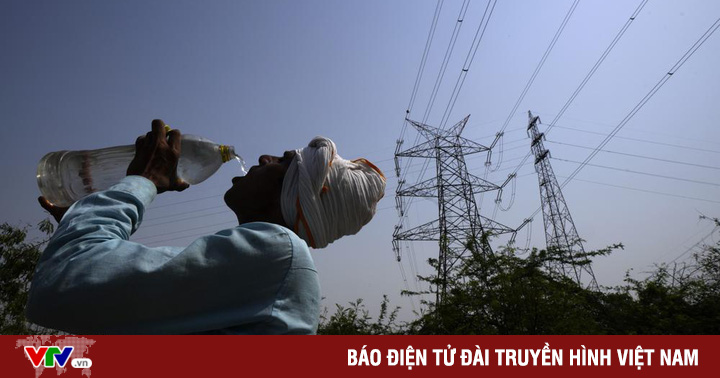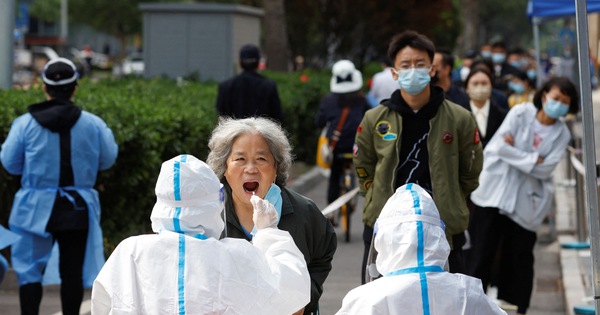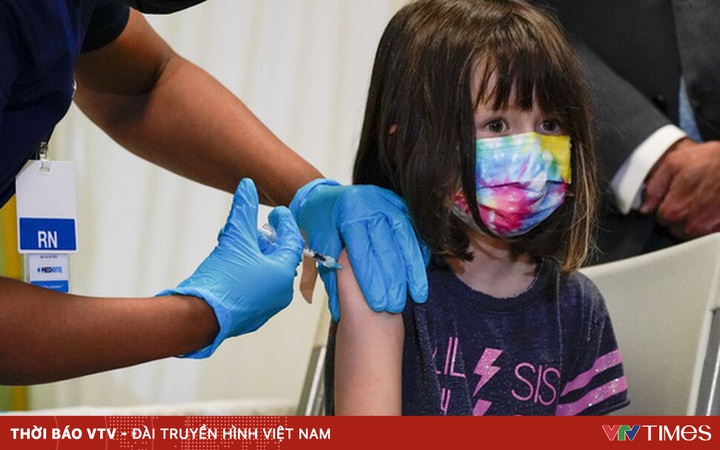Vietnam calls for global food security
Ambassador Dang Hoang Giang – Head of the Permanent Delegation of Vietnam to United Nations On May 19, Vietnam emphasized that ensuring food security is the foundation of peace, stability and development.

Continue to contribute to the common effort
At the discussion session, the United Nations Secretary-General and speakers were deeply concerned about the current unprecedented increase in food insecurity. More than 811 million people are suffering from food shortages, of which more than 60% live in countries with conflict and instability such as Afghanistan, Syria, Yemen, Ukraine… The Secretary-General called on the international community to strengthen commitments. to jointly fund programs for food and humanitarian relief, promote cessation of conflict and compliance with international humanitarian law, as well as strengthen sustainability efforts and address intertwined challenges. on food, energy and finance.
Head of Vietnam’s Permanent Delegation to the United Nations Dang Hoang Giang emphasized that Vietnam shares the common concern of the international community about the fact that the world food system is increasingly being challenged, seriously affecting food security. food security of countries, especially developing countries and countries in conflict.
The Ambassador said that it is necessary to take sustainable measures to strengthen the capacity of developing and conflict-affected countries in ensuring food supply and improving people’s living standards, as well as promoting promote resolving root causes of conflict, building peace, and preventing conflict. The Ambassador wished that the United Nations and its partners promptly share information on food insecurity caused or exacerbated by conflict, so that a timely response can be made.
Need a global solution
According to The Economist, the war in Ukraine is wreaking havoc on a global food system already weakened by COVID-19, climate change and an energy shock. Ukraine’s grain and oilseed exports have mostly stopped while Russia has also signaled not to export food to avoid damaging the domestic market. Russia and Ukraine provide 12% of global food trade. Wheat prices have increased 53% since the beginning of the year, up another 6% on May 16, after India reported suspending exports because of the heat wave in the country.
United Nations Secretary-General António Guterres warned on May 18 that “the specter of global food shortages” threatens in the coming months and could last for years. The high price of essential food causes the number of undernourished people to increase by 440 million to 1.6 billion people. Nearly 250 million people are on the brink of starvation. If the fighting drags on and supplies from Russia and Ukraine continue to be limited, hundreds of millions more could fall into poverty.
Russia and Ukraine supply 28% of the world’s traded wheat, 29% of barley, 15% of corn and 75% of sunflower oil. The two countries contribute about half of the grain that Lebanon and Tunisia import, and two-thirds of the grain that Libya and Egypt import. Ukraine’s food exports provide the calories to feed 400 million people, but war is disrupting those supplies.
Even before the war, the World Food Program warned that 2022 would be a terrible year. China, the biggest wheat producer, said that after rains that delayed sowing last year, this year’s crop could be its worst ever. Now, in addition to the extreme temperatures in India, the world’s second-largest producer, the lack of rain threatens to affect yields of other foods, from the US wheat belt to the Beauce region of the US. France. The Horn of Africa is experiencing its worst drought in four decades.
All of this will have consequences for the poor. Households in emerging economies spend 25% of their budgets on food and in sub-Saharan Africa 40%. In many importing countries, the government cannot pay subsidies to increase support for the poor, especially since they have to import energy.
at Blogtuan.info – Source: laodong.vn – Read the original article here



